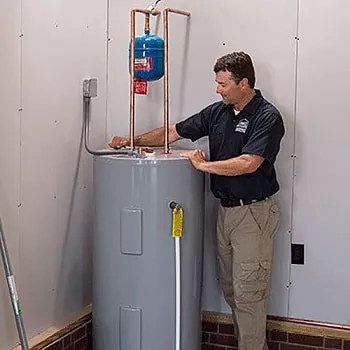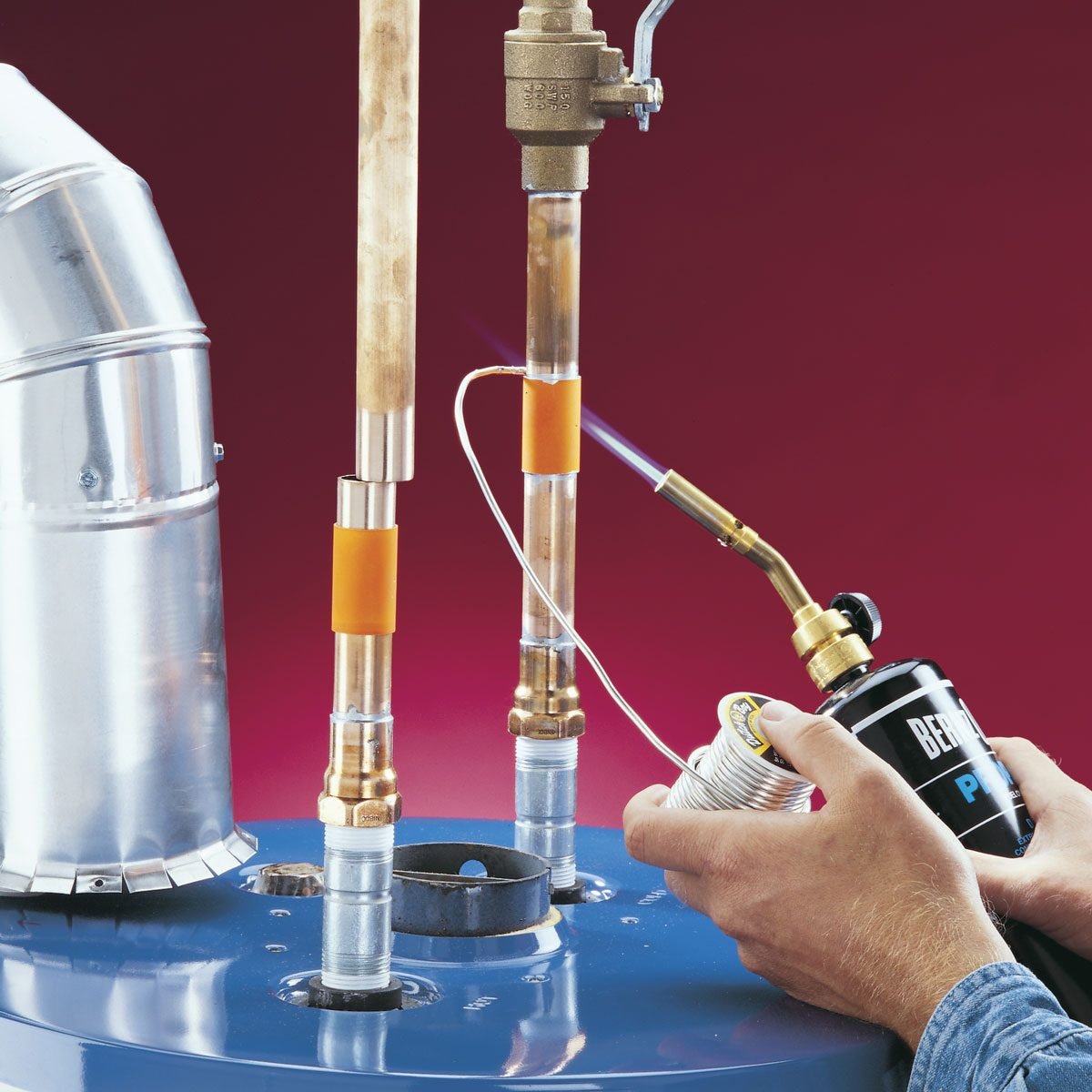Experienced Plumber Denton Offering Emergency Plumbing
Experienced Plumber Denton Offering Emergency Plumbing
Blog Article
Complete Guide to Water Heating SystemInstallation and Substitute
Understanding the ins and outs of hot water heater setup and substitute is crucial for house owners looking for to ensure effectiveness and integrity in their warm water supply. From choosing the appropriate kind and dimension to executing a seamless installment process, a number of variables should be taken into consideration to avoid typical challenges. This guide will certainly give you with the necessary steps and understandings to navigate the complexities of this home renovation task, while likewise stressing critical upkeep practices that can extend the life of your system. As you check out these elements, you may find yourself reassessing your current configuration and recognizing locations for renovation.
Kinds Of Hot Water Heater
When thinking about water heating unit installation and replacement, it is important to recognize the numerous sorts of water heating units available in the market. One of the most usual types include container hot water heater, tankless hot water heater, heat pump water heating systems, and solar hot water heater.
Storage tank water heaters are standard systems that keep a specific volume of hot water, making them easily available when required. In comparison, tankless water heaters provide warm water on demand, removing the demand for storage.
Heat pump water heating systems utilize electrical energy to transfer warm from the air or ground to warm water, supplying significant power financial savings but needing even more area and details installation problems. Solar water heating systems harness solar power to heat water, providing an environmentally friendly choice with possible lasting price financial savings, although they often require a backup system for cloudy days.
Understanding these alternatives makes certain informed choices concerning setup and replacement, catering to particular requirements and choices.
Selecting the Right Size
Selecting the ideal dimension for a water heating unit is important to guarantee optimal efficiency and performance. A system that is too small will certainly have a hard time to fulfill house demands, leading to irregular hot water availability and raised power usage. On the other hand, an oversized hot water heater can result in unneeded power waste and higher energy bills.
To determine the ideal size, take into consideration the family's top warm water usage. This can be calculated based upon the number of passengers and their typical warm water needs. As an example, a household of 4 may call for a hot water heater with a capability of 50 to 80 gallons, depending on the use patterns, such as simultaneous showers and laundry.
Furthermore, analyze the healing price, which measures exactly how promptly a heater can renew warm water after it has been made use of. For tankless models, concentrate on the circulation price, measured in gallons per minute (GPM), to guarantee it meets the family's synchronised demand.

Setup Process Overview

Next, the old unit must be separated and eliminated, taking care to adhere to regional codes and policies regarding disposal. As soon as the old system is out, the new water heating system can be placed in position. This step involves connecting the water lines, making sure that all fittings are leak-free and safe and secure.
After developing water connections, it's important to attach the power supply, whether electric or gas, following the supplier's directions visite site meticulously. When all links are made, the system ought to be full of water, and the power can be turned back on. Ultimately, it is very important to check for leakages and make certain the water heating unit is operating appropriately prior to finishing the setup procedure.
Usual Installation Blunders

One more frequent error is neglecting to adhere to local codes and laws. Stopping working to stick to these requirements can not just result in safety and security risks yet may likewise result in expensive penalties or the requirement for pricey reinstallation. Furthermore, inappropriate venting is an important issue. Insufficient air flow can cause hazardous gas buildup, presenting serious wellness risks.
Wrong plumbing connections are likewise a common blunder. Failing to protect links or making use of the wrong type of fittings can result in leaks and water damage. Moreover, overlooking the value of a correct drain pan can result in significant water damage if leakages do happen. Last but not least, inadequate insulation of pipelines can lead to heat loss, reducing efficiency. By staying clear of these typical setup errors, house owners can ensure their hot water heater operates securely and successfully, taking full advantage of performance and longevity.
Upkeep Tips for Durability
Proper upkeep of a hot water heater is vital for its longevity and optimum performance. Regular evaluations and maintenance can stop costly fixings and prolong the appliance's life-span. Begin by inspecting the temperature level setting; it should normally be set between 120 ° F and 140 ° F for ideal energy effectiveness and safety.
Every 6 months, flush the container to eliminate debris accumulation, which can impair home heating efficiency and trigger corrosion. To do this, transform off the heating unit, attach a hose pipe to the drainpipe valve, and let the water run up until it is clear.
When they are worn away,Anode rods need to be checked each year and changed. These rods aid prevent tank deterioration by attracting destructive components in the water.
Additionally, check the stress Visit Your URL alleviation shutoff on a regular basis to guarantee it is functioning properly. This valve is crucial for preventing extreme stress accumulation within the container.
Lastly, consider arranging an expert upkeep check every couple of years for thorough evaluations and servicing. By adhering to these maintenance ideas, home owners can significantly enhance the efficiency, safety, and lifespan of their water heating units, making sure trustworthy warm water for many years ahead.
Verdict
In verdict, proper installment and upkeep of water heating systems are essential for ensuring performance and long life (gas leak repair). Selecting the suitable type and size, sticking to installment standards, and staying clear of typical errors considerably add to optimal efficiency. Normal maintenance checks and professional maintenance aid endure functionality and protect against expensive repairs. By understanding these crucial facets, property owners can achieve a dependable warm water supply while lessening prospective issues associated with hot water heater procedure.
Comprehending the ins and outs of water heater installment and substitute is critical for house owners seeking to make sure efficiency and dependability check that in their warm water supply.Tank water heating units are typical systems that store a certain quantity of hot water, making them easily offered when required. In contrast, tankless water heating units give warm water on demand, getting rid of the demand for storage space. Selecting a water heating unit that is either also tiny or too big can lead to inadequacies, resulting in inadequate hot water supply or extreme power intake.
By understanding these vital facets, home owners can achieve a trusted warm water supply while minimizing prospective concerns connected to water heater operation. plumber Denton.
Report this page